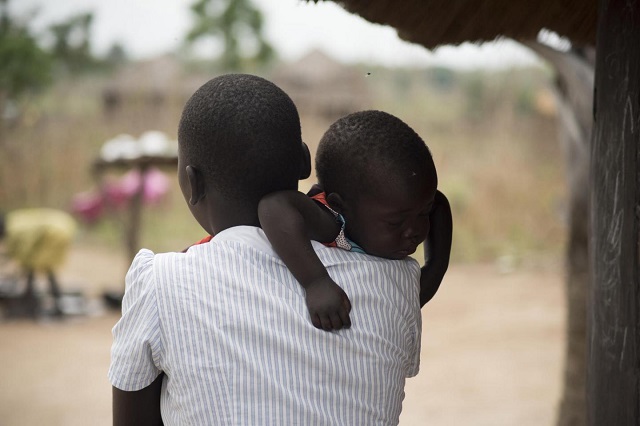
Kibaale, Uganda | THE INDEPENDENT | Kibaale district has registered a surge in teen pregnancies with more than 6,000 cases reported between July 2020 and August 2021.
Statistics from the district health, education, probation and social welfare departments show that from July 2020 to August 2021, 6,440 girls aged between 15 and 19 years were reported pregnant in the district.
The statistics indicate that Kibaale town council is the most affected with 2,041 teenage pregnancies while the sub-counties of Nyamarwa and Mugarama came second and third with 877 and 822 cases respectively.
Other affected sub-counties are Matale with 796 cases, Kyebando with 719 cases, Kasimbi with 421 cases, Bubango with 415 cases, Nyamarunda with 199 cases, Kabasekende with 84 cases and Karama with 73 cases among others.
Edith Karugaba, the Kibaale acting assistant district health officer-in-charge of maternal child health attributes the surge to the lockdown that made children redundant following the closure of schools.
Karugaba says parents are largely blamed for engaging the pupils into forced labour prompting men to take advantage of them.
Karugaba says their health facilities helped many of the teenage girls between the ages of 15 and 19 to deliver during the period under the assessment. She calls for concerted efforts between the police, district, and education stakeholders to make awareness and forge away forward to reduce the vice.
Gerald Bategeka, the Kibaale LCV chairperson says many teenage girls were forced into marriage after waiting for schools to reopen in vain, while others got married after conceiving.
He attributed the cases to poor parenting coupled with greed for dowry, poverty, peer pressure, displacement, and deeply entrenched traditions.
He however opposed a decision by some stakeholders in the district to enroll the young girls on family planning methods. Bategeka says that the district and other stakeholders should look for other means of preventing young girls from falling victim to teenage pregnancies.
John Kyaboona, the District Education Officer-DEO says most communities in the area perceive girls to be ready for marriage when they become adolescents. He also blames the parents for not playing their role well saying if they were providing for their children, the district would not have registered such cases.
Julius Hakiza, the Albertine region police spokesperson admits that defilement cases are on the rise in the region but most cases are not reported to police by parents of the victims.
****
URN
 The Independent Uganda: You get the Truth we Pay the Price
The Independent Uganda: You get the Truth we Pay the Price



